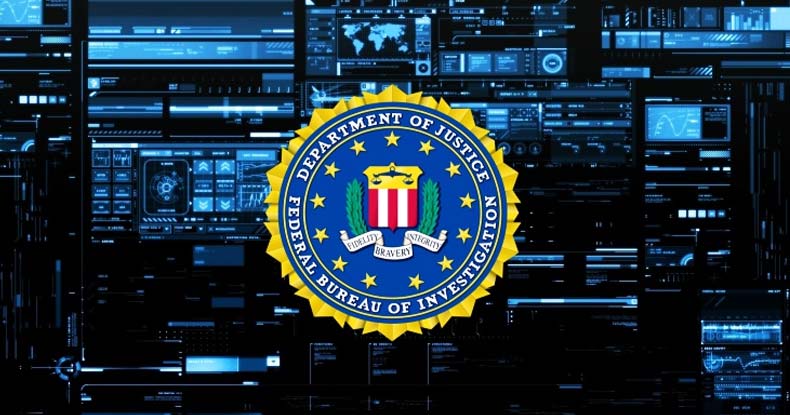Federal Judge Rules Hidden Microphones in Public Do Not Violate Constitution
 By Derrick Broze
By Derrick BrozeA federal judge has ruled that law enforcement may continue to place recording devices in public places because it does not violate the constitutional guarantee against warrantless searches and privacy protections.
On Friday July 22, U.S. District Judge Phyllis Hamilton issued a 17-page ruling which found the practice of placing recording devices on the steps of courthouses in Oakland and Martinez, California to be “unsettling,” but not in violation of the Fourth Amendment. The four defendants in the federal criminal fraud case are accused of rigging real estate bids throughout Alameda and Contra Costa Counties.
In an attempt to eavesdrop on the conversations of the defendants, the Federal Bureau of Investigations placed microphones in a light fixture on the steps of the Almeda County Courthouse and just outside the Contra Costa County Courthouse, among other locations. The information gathered from the conversations was then used as evidence in grand jury proceedings.
The defense called the secret recordings a violation of Fourth Amendment protections against illegal search and seizure and asked for the evidence to be suppressed. Judge Hamilton ruled that the four defendants did not have a reasonable expectation of privacy when speaking in public about the alleged fraud.
“While the court agrees with defendants that it is at the very least unsettling that the government would plant listening devices on the courthouse steps given the personal nature of many of the conversations in which people exiting the courthouse might be engaged, it is equally unrealistic for anyone to believe that open public behavior including conversations can be private given that there are video cameras on many street corners, storefronts and front porches, and in the hand of nearly every person who owns a smartphone,” Hamilton wrote in her ruling.
The defense team attempted to argue that the men were huddled together speaking in hushed tones, indicating a significant effort to keep their conversations private. Judge Hamilton disagreed, noting that the recording devices did not amplify the sound and that all four men can be heard discussing their plan in normal voices and even shouting over a jackhammer at one point.
“Privacy advocates are concerned the ruling could establish a precedent allowing law enforcement to eavesdrop on attorneys and clients discussing aspects of their cases outside the courtroom,” Courthouse News writes. Despite the privacy worries, Judge Hamilton assured the court that, “It is unlikely, and certainly unreasonable, for attorneys to risk breaching their confidential communications with clients by discussing sensitive matters out in the open, in conversational tones, in front of a public forum such as a courthouse.”
Still, there is reason to be concerned about the government installing hidden recording devices in public. As with other surveillance tools like the Stingray cellphone surveillance, once the feds are caught they drop the evidence so they do not have to offer an explanation. If law enforcement is not even willing to legally use these tools and provide valid reasoning to justify the use of invasive tools, what is the point of spending millions of dollars on surveillance equipment?
http://www.activistpost.com/2016/07/federal-judge-rules-hidden-microphones-public-not-violate-constitution.html?utm_source=feedburner&utm_medium=feed&utm_campaign=Feed%3A+ActivistPost+%28Activist+Post%29
No comments:
Post a Comment